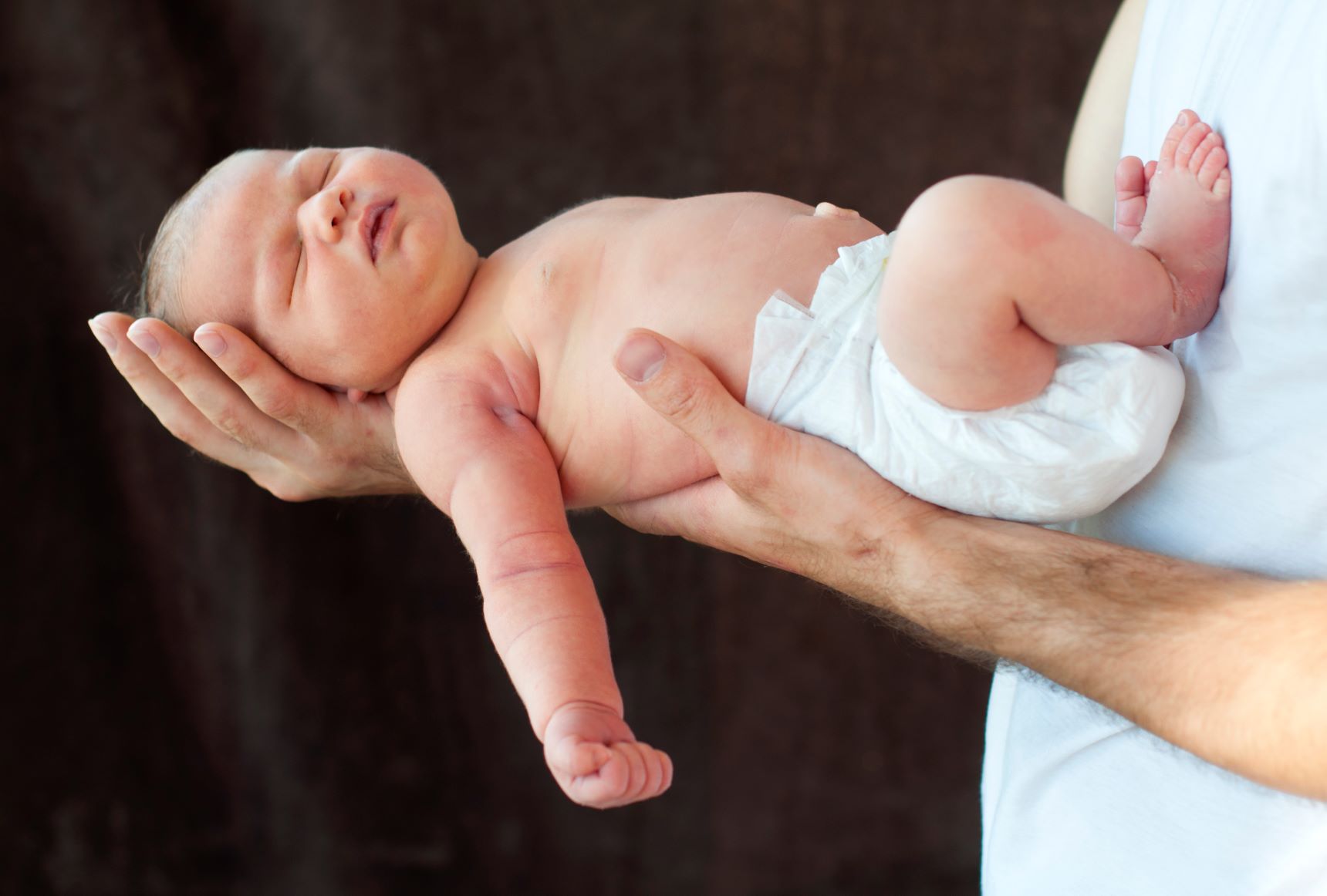Search
Showing results for "Au"
Research
More than dirt: Sedimentary ancient DNA and Indigenous AustraliaThe rise of sedimentary ancient DNA (sedaDNA) studies has opened new possibilities for studying past environments. This groundbreaking area of genomics uses sediments to identify organisms, even in cases where macroscopic remains no longer exist. Managing this substrate in Indigenous Australian contexts, however, requires special considerations. Sediments and soils are often considered as waste by-products during archaeological and paleontological excavations and are not typically regulated by the same ethics guidelines utilised in mainstream 'western' research paradigms.
Research
Autism-related dietary preferences mediate autism-gut microbiome associationsThere is increasing interest in the potential contribution of the gut microbiome to autism spectrum disorder (ASD). However, previous studies have been underpowered and have not been designed to address potential confounding factors in a comprehensive way.
Research
Food Proteins in Human Breast Milk and Probability of IgE-Mediated Allergic Reaction in Children During Breastfeeding: A Systematic ReviewPrevious reports suggested that food proteins present in human milk (HM) may trigger symptoms in allergic children during breastfeeding, but existing evidence has never been reviewed systematically.
Research
The Bone Marrow Microenvironment in B-Cell Development and MalignancyB lymphopoiesis is characterized by progressive loss of multipotent potential in hematopoi-etic stem cells, followed by commitment to differentiate into B cells, which mediate the humoral response of the adaptive immune system.
Research
Associations of early-life pet ownership with asthma and allergic sensitization: A meta-analysis of more than 77,000 children from the EU Child Cohort NetworkStudies examining associations of early-life cat and dog ownership with childhood asthma have reported inconsistent results. Several factors could explain these inconsistencies, including type of pet, timing, and degree of exposure. Our aim was to study associations of early-life cat and dog ownership with asthma in school-aged children, including the role of type (cat vs dog), timing (never, prenatal, or early childhood), and degree of ownership (number of pets owned), and the role of allergic sensitization.
Research
Current options in aerosolised drug therapy for children receiving respiratory supportIn this review, we explore current knowledge and provide guidance as to when and how the inhaled route may be of value when treating patients whose tracheas are intubated

News & Events
Study finds high RSV awareness with parents open to future immunisationA The Kids Research Institute Australia study designed to gauge community awareness of respiratory syncytial virus (RSV) has found parents and parents-to-be are highly aware of the virus and are open to immunisation to tackle it.

News & Events
Warm Welcome for the Neonatal Infection and Immunity TeamClinical Professor Tobias Strunk, Dr Andrew Currie and their Neonatal Infection and Immunity Team have become the newest members of the Wesfarmers Centre of Vaccines and Infectious Diseases.
Research
Do hypertensive diseases of pregnancy disrupt neurocognitive development in offspring?Do hypertensive diseases of pregnancy disrupt neurocognitive development in offspring?

Antibiotic dysbiosis and probiotics trial on infants
